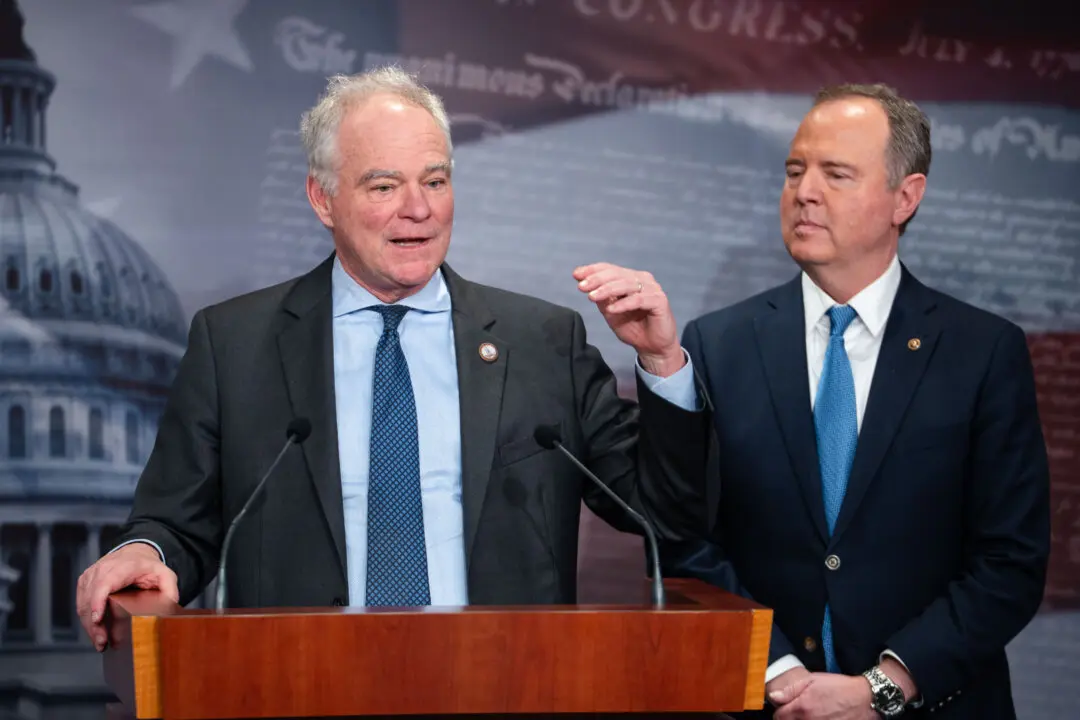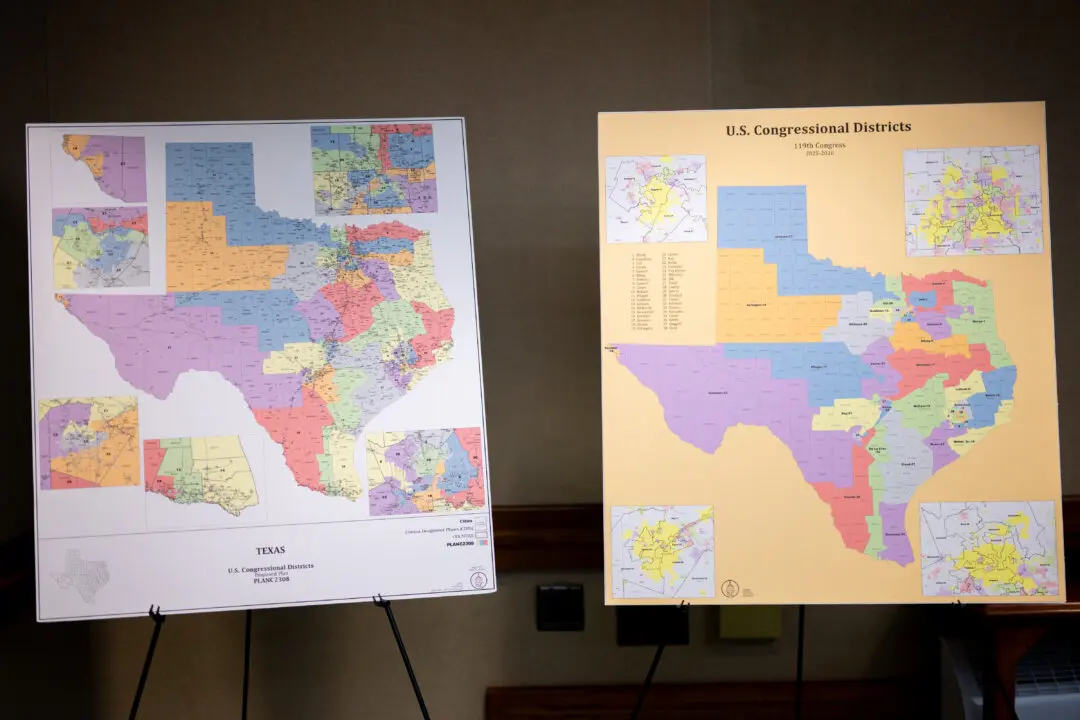Rep. Tom Tiffany (R-Wis.) has introduced legislation that would eliminate the energy credit for wind and solar installations if they are operated by a public utility on agricultural land.
Known as the Future Agriculture Retention and Management (FARM) Act of 2022, the bill was referred to the House Committee on Ways and Means on Feb. 28.





